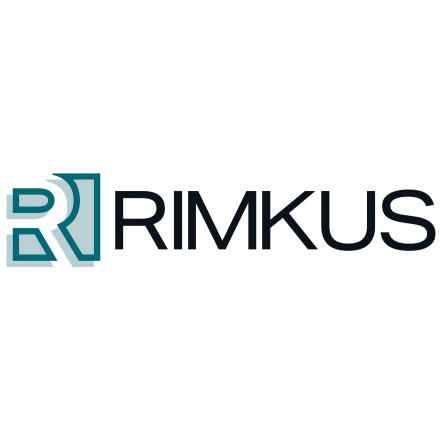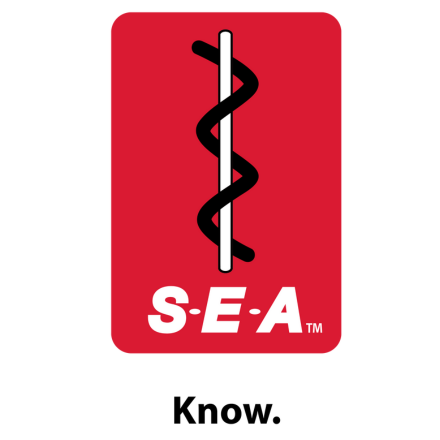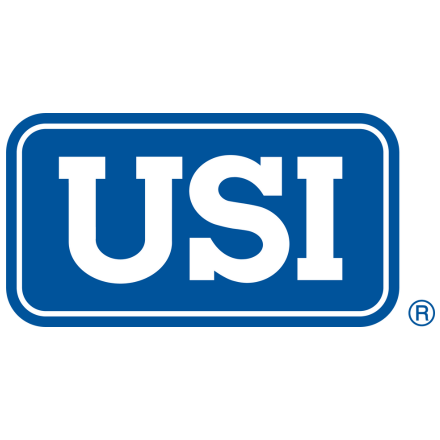“Insurance companies are always looking for efficiencies, and artificial intelligence creates dramatic efficiencies,” he said. Records that once took five hours to summarize, he explained, now “can be summarized in 15 minutes.”
However, Kaplan pointed out that because artificial intelligence – and generative AI tools in particular – trains on large amounts of data, it’s important that law firms use AI tools that protect personal data and information.
AI “can’t learn from the information – the data and information that you’re giving it. It needs to be a closed system that doesn’t take that information and let others learn from it, or let others have the ability to get that information,” he said.
Clifton Van Scyoc, the chief information officer for PSECU, a statewide credit union, said the credit union has used AI to help detect fraud and protect its members.
“We have tools that are built to detect fraud, especially transactional fraud,” he said. “We actually have a better viewpoint in being able to see things that are happening, to be able to move faster, to be able to learn from those things that are happening – and then also to be able to prevent it.”
Van Scyoc said the credit union is also working to use AI tools to bolster security, noting that bad actors are becoming more sophisticated in fraud and other cyber-related threats, thanks in part to the capabilities of generative AI.
Bernstein, the PA Chamber leader, said AI has the potential to revolutionize the healthcare system as well. From wielding predictive analytics to anticipate hospitalization rates and using AI to compare patient readings to make more informed treatment decisions, he sees AI as a means to make healthcare “much more personal.”
That’s certainly the goal of Jefferson Health, the Philadelphia-based healthcare system serving the Delaware Valley with a network of 32 hospitals and physician practices across nine counties.
Dr. Baligh Yehia, the president of Jefferson Health, told City & State that part of the organization’s artificial intelligence strategy is to reclaim more than 10 million hours of clinician time by 2028 – and that the system is already seeing benefits in areas where practitioners have implemented AI tools.
Yehia said Jefferson is using ambient AI listening tools to monitor conversations between practitioners and patients, extracting relevant portions and adding them directly to a patient’s chart. That, he says, allows physicians and advanced care practitioners to focus directly on the patient, rather than spend time manually inputting information into the computer during a visit. “The power of AI is that it can take that conversation and put the relevant parts into the chart.”
Jefferson is already seeing positive results in the early stages of rolling out the technology. “That has saved thousands of hours in the system,” he said. “We’ve seen a 77% improvement in job satisfaction with the use of this technology; 83% of our clinicians who have used it say that it reduces documentation burden, and 66% said it improved note accuracy.
“Rarely are you able to get these win-win-wins where you can get a really good win for patients and families, which are at the center of all that we do, but it also helps our caregivers, who are critical to delivering exceptional outcomes,” he added.
Across sectors, those interviewed by City & State stressed the need for AI training and education for current workers, as well as the importance of adopting AI tools as early as possible.
Bernstein noted that the Pennsylvania Chamber has partnered with Google to hold seminars across the state to train small businesses and their employees on the practical applications of AI.
And while the idea of learning how to use AI can be daunting – especially to those who may be less technologically savvy – Kaplan, who is 68, said it’s just as important for people like him to learn how to use AI as it is for younger generations preparing to enter a rapidly changing professional landscape.
“I’m a dinosaur, right? I’m 68 years old, and I’ve been practicing law for 43 years. I think most of my peers either don’t want to understand it, or any new technology scares them,” he said. “But this dinosaur … really sees how important this is, and so for my law firm, I want to see us embrace it … Those that avoid it are going to be left behind.”














